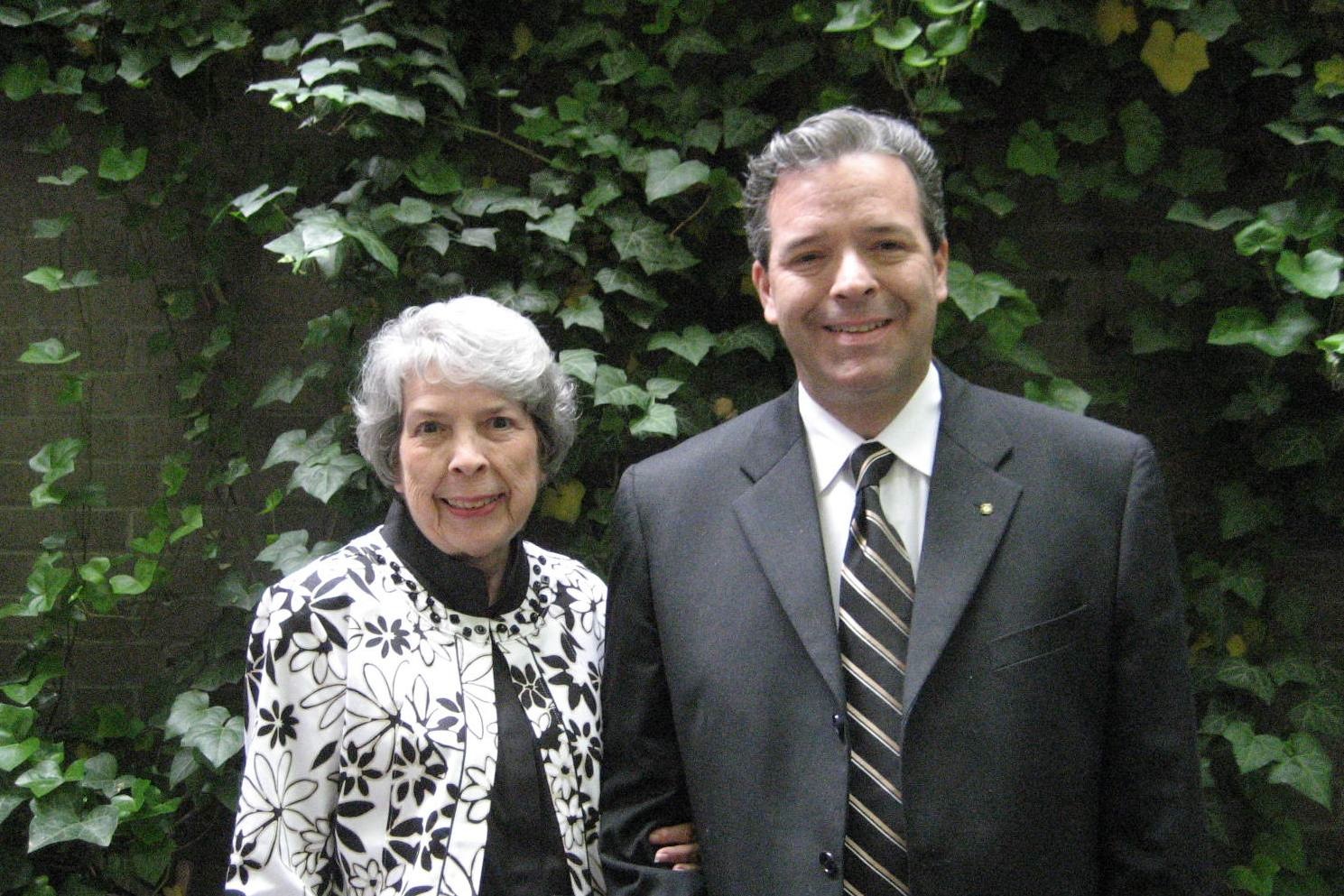 Ian Rutledge, of Scotland Yard, has fresh scars on his heart from the trenches of World War I. He perseveres because it’s right, yet has seen more blood than he can stand. So when a dying man confesses to a murder before the War, Rutledge won’t just accept the claim. The confession turns flimsy under scrutiny; then the self-made suspect turns up in the Thames, with a bullet in his brain. Suddenly, a ready-made case proves thorny, and possibly fatal.
Ian Rutledge, of Scotland Yard, has fresh scars on his heart from the trenches of World War I. He perseveres because it’s right, yet has seen more blood than he can stand. So when a dying man confesses to a murder before the War, Rutledge won’t just accept the claim. The confession turns flimsy under scrutiny; then the self-made suspect turns up in the Thames, with a bullet in his brain. Suddenly, a ready-made case proves thorny, and possibly fatal.In The Confession, Charles Todd—actually Caroline and Charles Todd, a mother and son—dismantle the stereotypes of cozy British mysteries. The American writing team summons the faded gentility that propelled Agatha Christie’s novels, but where Christie used bodies as doors into clever puzzles, Todd brings a depth of psychological realism. This book could not have been written until after Dashiell Hammett and Raymond Chandler rewrote the rules of mystery fiction.
Inspector Rutledge endures shell shock, often waking with nightmares and suffering flashbacks in the line of his duty. The voice of Hamish MacLeod, a friend he executed for insubordination, lingers at his shoulder, perhaps the most pessimistic Jimminy Cricket in recent literature. But because British culture equates shell shock with cowardice, Rutledge can’t admit his damage. So he pushes through his trauma, risking everything to hold it together one more day.
As Rutledge investigates an upper-crust youth’s putative prewar murder, he traverses a world bisected by memory. Britain’s upper crust has been decimated. Stately manor houses sit shuttered, and formerly posh London neighborhoods have been occupied by the desperate and the hungry. The underclass has inherited the nation, only to find that the supposed grandeur formerly withheld from them doesn’t run very deep. Fear has become the coin of the realm.
One crime uncovers others in quick succession. Rutledge exposes a world of ethical compromise that makes Hammett’s classically amoral Sam Spade look like a sedentary country parson. Guilt lingers across generations, and people would kill to keep a community’s secrets. But one person who still remembers what everyone else would rather forget gambles everything to show the world the rot beneath a mild surface—and loses.
American novelist Raymond Chandler, in his classic essay “The Simple Art of Murder,” grumbles that the classic British mystery lacks psychological realism. Characters like Hercule Poirot and Sherlock Holmes, whom Chandler names specifically, don’t even pretend to have complete internal constitutions. Though Chandler’s sweeping generalizations may seem harsh, there’s something to be said for this condemnation.
 But Chandler overlooks that we can pinpoint the period between the wars as the real birth of our understanding of human psychology. Sure, Holmes (like his direct inspiration, Poe’s Dupin) was a lopsided character, all exteriors and ostentatious cleverness. Poirot, however, could not exist without the German occupation of Belgium, and he always carries the melancholy of that history with him. Though not yet “realistic,” Poirot is more nuanced than Chandler admits.
But Chandler overlooks that we can pinpoint the period between the wars as the real birth of our understanding of human psychology. Sure, Holmes (like his direct inspiration, Poe’s Dupin) was a lopsided character, all exteriors and ostentatious cleverness. Poirot, however, could not exist without the German occupation of Belgium, and he always carries the melancholy of that history with him. Though not yet “realistic,” Poirot is more nuanced than Chandler admits.Even Dashiell Hammett, whom Chandler admires, could not have created his masterworks if he had not survived the disillusionment of World War I. Sam Spade’s ad hoc morality, sleeping with a client before turning her over to the police, and promising to stand witness when she hangs, relies on the experience of a war in which human life proved cheaper than the bullets that ended it. The Victorians and Edwardians could never have written anything of such depth.
That makes Rutledge such a compelling character. He has the sharp edges of psychological depth in a world that would sand those edges off. Living on the cusp of the most profound changes his society has ever faced, he nevertheless can’t embrace his damage. He cannot seek help, even as he rushes to save everyone else from themselves. So he creates a second identity, one free to speak the truths he cannot bring himself to admit.
Combining Masterpiece Theatre dignity with the desperation of Pat Barker’s Regeneration, this novel plumbs the depths of human anguish from multiple angles. It treats criminals with the same respect as crime solvers. And it dares us to face the depths of human frailty without flinching. The resolution may seem pat to anyone who reads British mysteries. Though it isn’t obvious as such, it also isn’t as surprising as it should be.
But we don’t read a book like this one to outthink the detective. We outgrew Encyclopedia Brown years ago. This book invites us on a journey with a complex, fascinating character. And Charles Todd’s Ian Rutledge fulfills that promise.
No comments:
Post a Comment